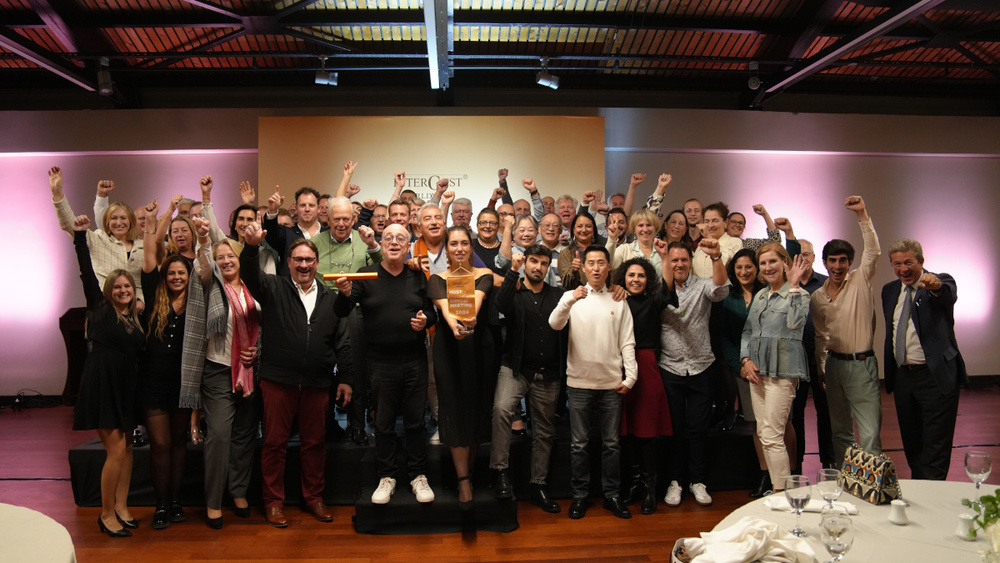INTERGEST ANNUAL MEETING PROVIDES AN OVERVIEW
The Annual Meeting of InterGest partners worldwide in October provided a panoramic view: Not only from the conference hotel to the Bosporus and Dardanelles, but also - just a few days before the US election - to global economic developments. Turning these into opportunities or at least minimising existing risks for SMEs was the declared aim of the 36 partners who travelled to Istanbul for the annual conference.
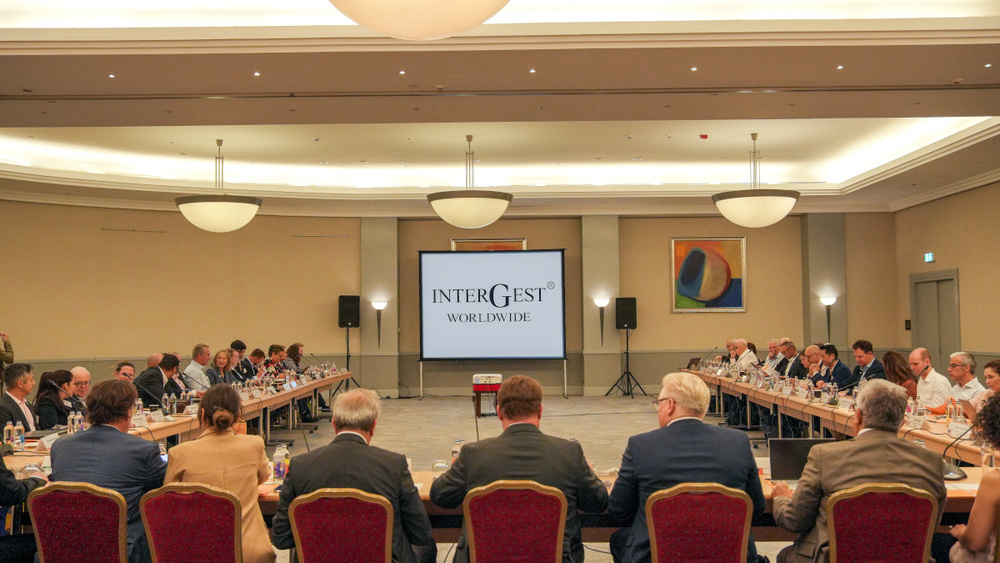
"One of our Group's strengths is to exchange information on current and potential developments in the global economy," says CEO Prof Peter Anterist, "in order to contribute to the agility and efficiency of our clients in the local markets, especially when the world and therefore their economies are becoming more complex."
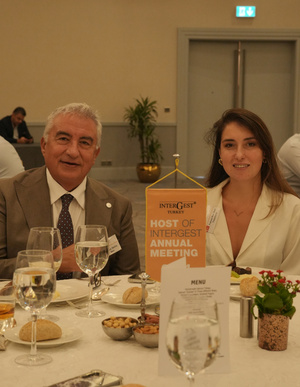 Turkey - neither inflation nor geopolitics can slow it down
Turkey - neither inflation nor geopolitics can slow it down
In her presentation, InterGest's Turkish partner Fatma Nur Senoutlined the effects, opportunities and risks in the conference's host country. The growth and rapid internationalisation of the Turkish economy are clearly visible in the dimensions of the new Istanbul airport alone or the numerous new high-rise buildings in the Turkish commercial and financial metropolis.
Nur Sen, who together with her team ensured the perfect organisation of the annual conference, referred to the very strong domestic market. With a population of 85 million, Turkey's entrepreneurship does not appear to be held back by high inflation or the political framework conditions: "Turkish industry in particular has developed very dynamically across many sectors and is seeking international competition and cooperation."
The geographical location close to the current global political conflicts in Ukraine and Israel is also the basis for supplying several regions - from Central Asia to the Middle East and North Africa.
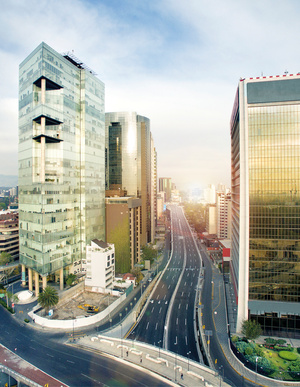 To North America - but how and from where?
To North America - but how and from where?
Geopolitics also put other InterGest destinations at the centre of discussions: Canada and Mexico. Both markets are looking forward to welcoming companies willing to relocate. Being present in the North American economic area without being directly exposed to the existing and expected trade policy barriers of the USA for the time being is currently what makes both locations so attractive.
Gregor Vorderwülbecke, InterGest partner in Mexico, commented: "An important factor is Mexico's function as a hub - both for North and South America. Many companies have decided in favour of the location in order to expand from there into countries such as Colombia or Brazil if necessary.
For Canada, InterGest partner Qais Zakhelemphasises the country's attractiveness for industrial SMEs: in addition to stable political conditions and moderate corporate taxes, he cites the still duty-free movement of goods between Canada, the USA and Mexico via the USMCA agreement.
Is Europe dependent on the German locomotive?
The fact that Europe is not unaffected by geopolitical developments was emphasised by partners from central EU markets.
Dr Alberto Canova, a long-standing InterGest partner in Italy, sees parts of the northern Italian industry as being very closely intertwined with Germany and therefore dependent on it. Janusz Tunkiewicz, Managing Director of InterGest Polska, recognises the first signs of a slowdown in the German automotive industry in Poland, which has been proudly booming for many years, including the first small relocations of production away from Europe.
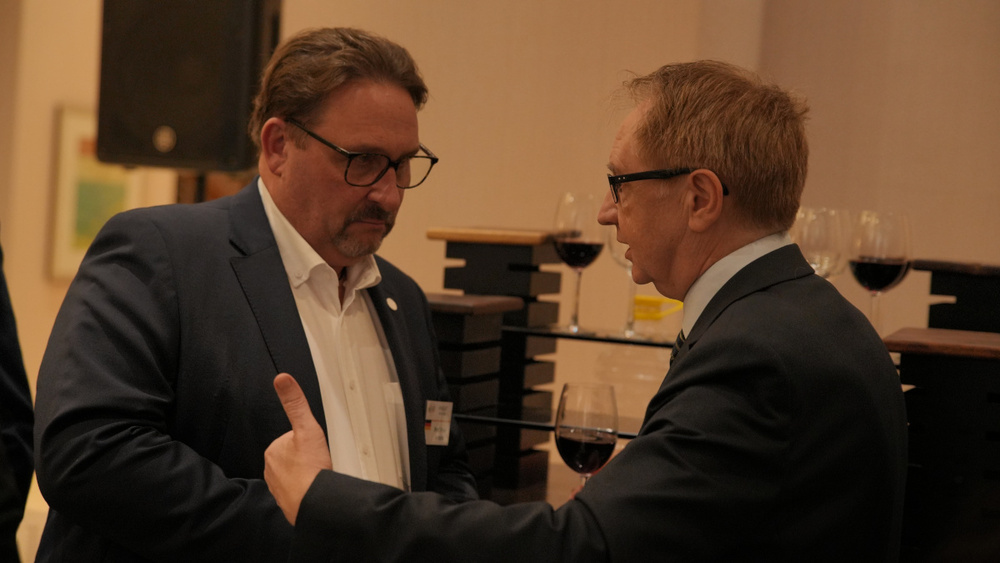
Dr. Georgiana Costin from InterGest Romania reports that carmakers in southern Germany, accustomed to success, are now under pressure to reduce costs. Romania can offer a smart, digital service with highly efficient payroll accounting, which is also gaining ground in the crisis in the industry.
By setting its strategic course towards automotive high technology at an early stage, Hungary is presenting itself as a location that is also attractive to Chinese manufacturers and the major players in battery technology. Added to this is the economic independence with which the country acts geopolitically. Nils Blunck, InterGest partner in Hungary, does not share the EU Commission's harsh condemnation of Orban. His contacts with Trump or the concept of "economic neutrality" between the global rivals deserve a more objective assessment, he believes.
New orientation in the Middle East?
The world regions east of the Bosporus are also affected economically by geopolitical developments. Holger Ochs, Managing Director of InterGest Middle East, reports on the increasing uncertainty, particularly among those sections of the population in the Emirates who are connected to the Palestinian territories or Lebanon by origin and family ties. The geographical proximity to Iran is also a factor that is influencing events on the property markets in particular.
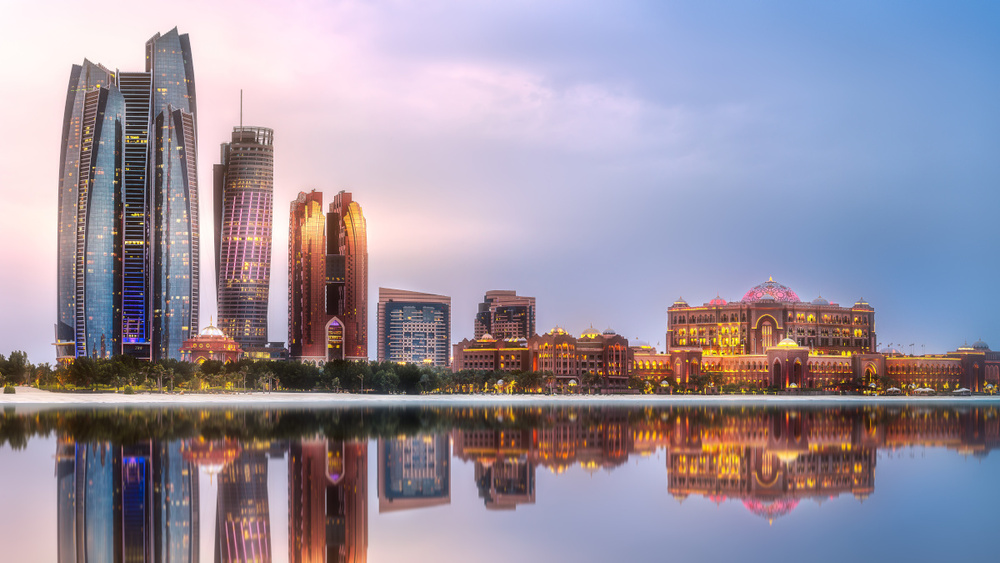
In the Kingdom of Saudi Arabia, major plans for infrastructure and climate-neutral industrialisation are still being pursued. This has prompted InterGest to establish a presence there as well (company in formation), after InterGest Omanhas already become active.
China - what now?
And China? The country that is so strongly at the centre of an open trade war not only with the USA under Biden - now even more so under Trump - but also with the EU Commission? Like most Chinese media, InterGest partner Sam Yuanseems relatively relaxed. The economic relations and the presence of around 5,200 German companies in the Middle Kingdom have been too long, too intensive and comprehensive. Investments are still being made, he confirms, which is why InterGest China, which has been active in the country since 1994, has just opened a sixth office in Wuhan.
Hong Kong in particular is also finding a new role and confidence in the established and strong economic ties with the People's Republic: "We may be small, but we have always found ways and partners," says partner Serena Kwok, who reports increasing interest from the Gulf States in her country.
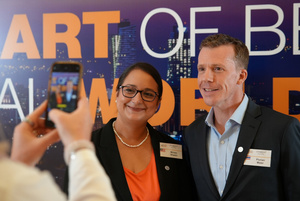 New opportunities in Asia
New opportunities in Asia
In addition to the trade and high-tech metropolis of Singapore, another country has made almost silent progress in the current geopolitical developments: Malaysia. Miriam Shastri, who has just been recognised as one of the country's best consultants, is an InterGest partner there. "The country is booming, we are being overrun with enquiries". In addition to the traditional proximity to Singapore, this is also due to the increasing economic integration with China and the proven expertise in manufacturing. "The clusters and ecosystems for local supply chains for SMEs are there," says Miriam Shastri.
2025: Looking towards Africa
The location of the next annual meeting is also increasingly coming into the geopolitical focus: Africa. In Istanbul, the InterGest partners agreed on Marrakesh as the conference venue for 2025. It is to be expected that Karim Ahniche, partner in Morocco, will use the annual meeting to do what he likes to do best: present his country in the best light - both as a gateway to African markets and as a hub for new technologies.
Reliable partnerships across all borders
One thing was confirmed once again during the conference and the many lively discussions: At InterGest, entrepreneurs work together across borders, despite and precisely because they come from very different cultures. They meet in person once a year, not only to meet, but also to exchange ideas, inspire each other and learn from each other. In this way, they cultivate their friendly relationships, which are particularly important today as the global economic seas seem to be getting rougher and rougher.
With its partners and services, the global InterGest network builds bridges between markets, and therefore between people. We hope this is our contribution to a peaceful and co-operative world.
Many thanks to Hans Gäng from local global for attending the InterGest Annual Meeting in Istanbul and for his excellent journalistic work!
